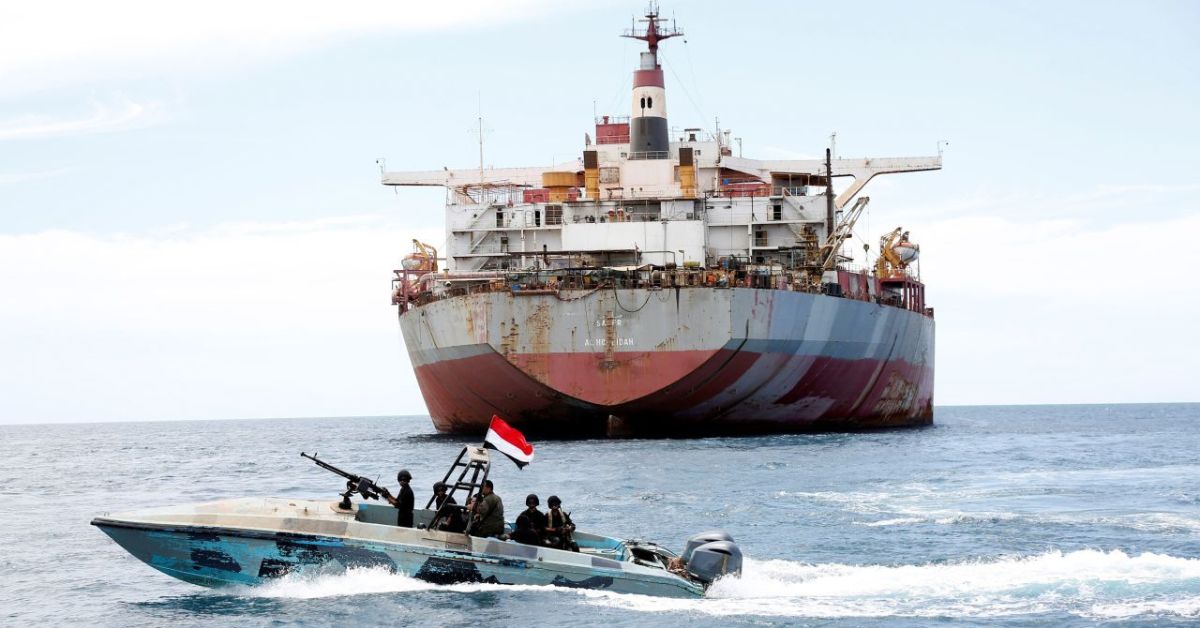According to academics and trade specialists, India faces serious dangers from Israel’s strike on Iran and the increased tensions in the region, including reduced oil supply and a 40–50% spike in export prices. Iran replied with its own drone strikes after Israel claimed to have hit “dozens” of Iranian military and nuclear targets early on June 13, 2025. Following these events, the price of oil rose by almost 8% in a single day worldwide, raising concerns that a prolonged increase might raise inflation in India, which imports around 80% of its oil needs.
Over 80 percent of India’s crude oil demands are met by imports. Therefore, even if direct imports from Iran are small, the cost of importing crude oil will increase if prices spike globally as a result of the crisis. Additionally, the Strait of Hormuz, which separates the Arabian Peninsula to the south and Iran to the north, is where about 20% of the world’s oil travels. India’s main sources of oil, Saudi Arabia, the United Arab Emirates, and Iraq, might be impacted by any disruption at the Strait of Hormuz. Disruptions in this sector might also have a major negative impact on India’s exports in terms of time and expense.
The Middle East conflict’s intensification has once again blocked access to the Red Sea and the Suez Canal, which will increase the cost and duration of Indian ship exports. The cost of shipping around the Cape of Good Hope will increase by roughly 15-20 days per ship and $500-1,000 each container, which translates to a 40-50% increase. While oil prices immediately surged following Israel’s attack, they are expected to settle back down, according to experts. The price of gold, too, surged to above Rs 1 lakh per 10 grams following the attack as investors flocked to ‘safe haven’ assets.









